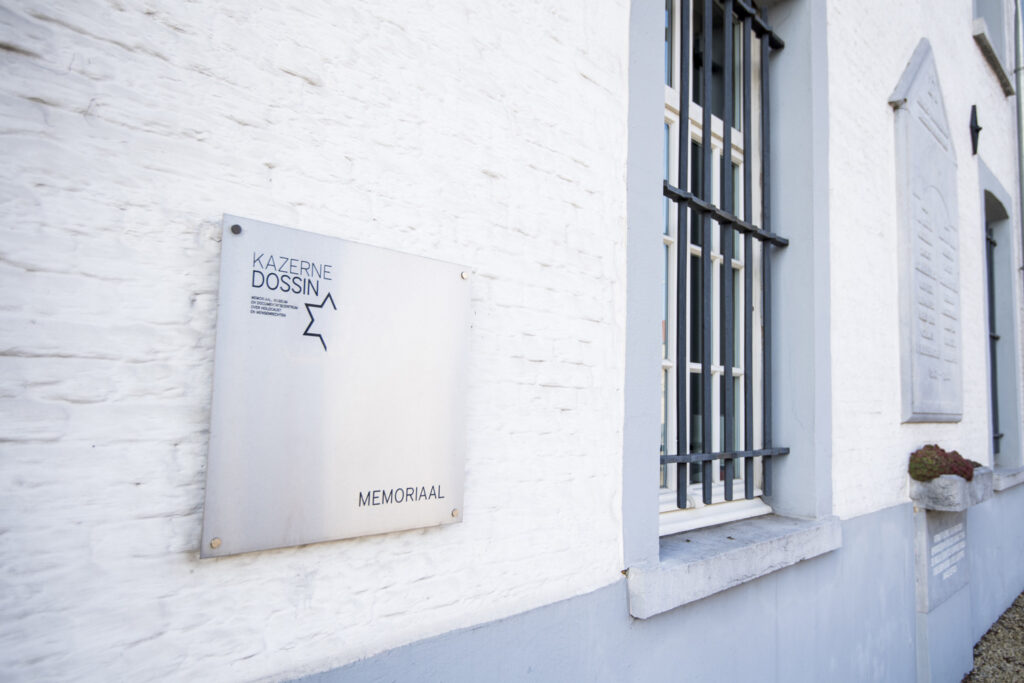What was the heterogeneous fate of the 'pink triangles'? Were all gay people persecuted under Nazism? Where was the repression organised? These are some of the questions the Kazerne Dossin museum in Mechelen seeks to answer in its latest exhibition.
Organised around the theme of 'Homosexuals and Lesbians in Nazi Europe,' the exhibition runs from Thursday 16 February to 10 December.
This part of history is still unknown, as few homosexual women and men have testified about their fate under the Third Reich and after the Second World War.
Fighting against untruths that still circulate
In Germany, for example, they were denied the status of victims. In France, it was Prime Minister Lionel Jospin’s speech in 2001 that initiated the beginning of an official recognition of the homosexual deportation, the institution points out.
The memorial issues are still alive and kicking. The issue is also scientific, “because we must fight against the untruths that still circulate,” the Kaserne Dossin points out.
The exhibition, initially presented in Paris by the French Shoah Memorial in 2021, has been enriched with content specific to Belgium and the Netherlands. It is based on a rich selection of documents, most of which have never been shown in Belgium.
Exhibition enriched with Belgium-specific content
It begins with an evocation of the first homosexual movements from the end of the 19th century to the 1930s, then deals with the persecution of homosexuals, mainly under the Nazi regime and in the European context.
However, it also presents a panorama of repression in other countries, ending with questions of memory and recognition from the end of the Second World War to the most recent periods.
The exhibition follows a chronological and thematic thread, in order to portray these life paths in all their diversity and complexity.

